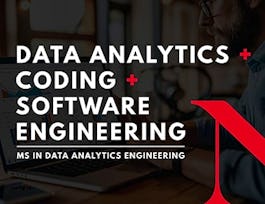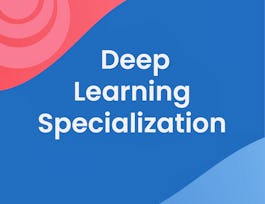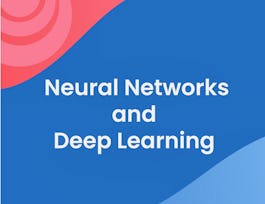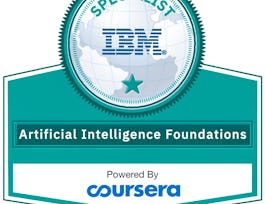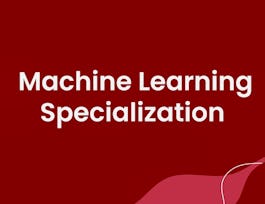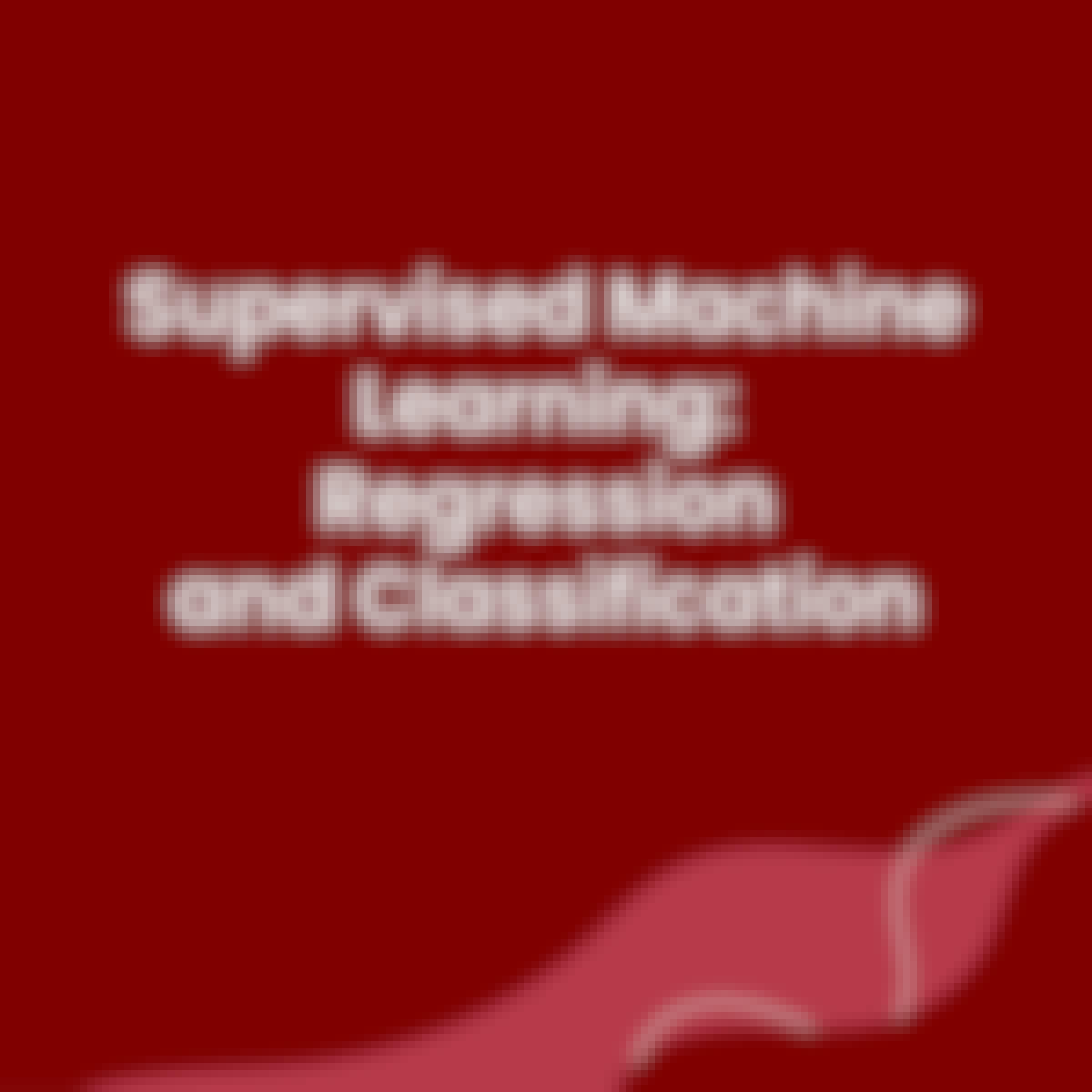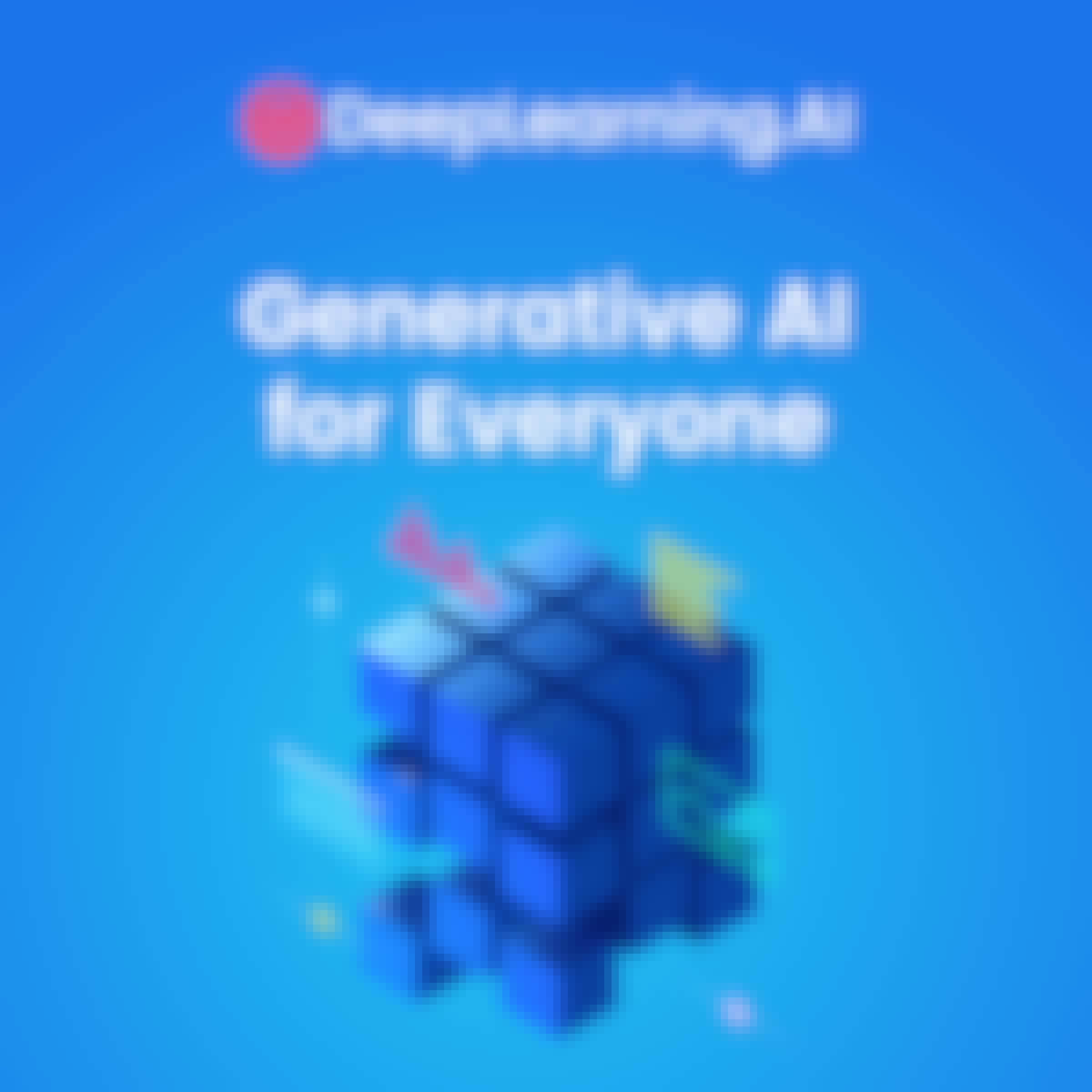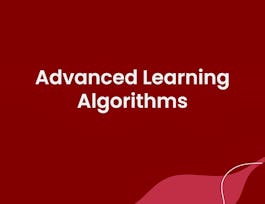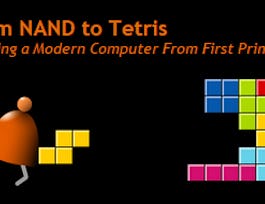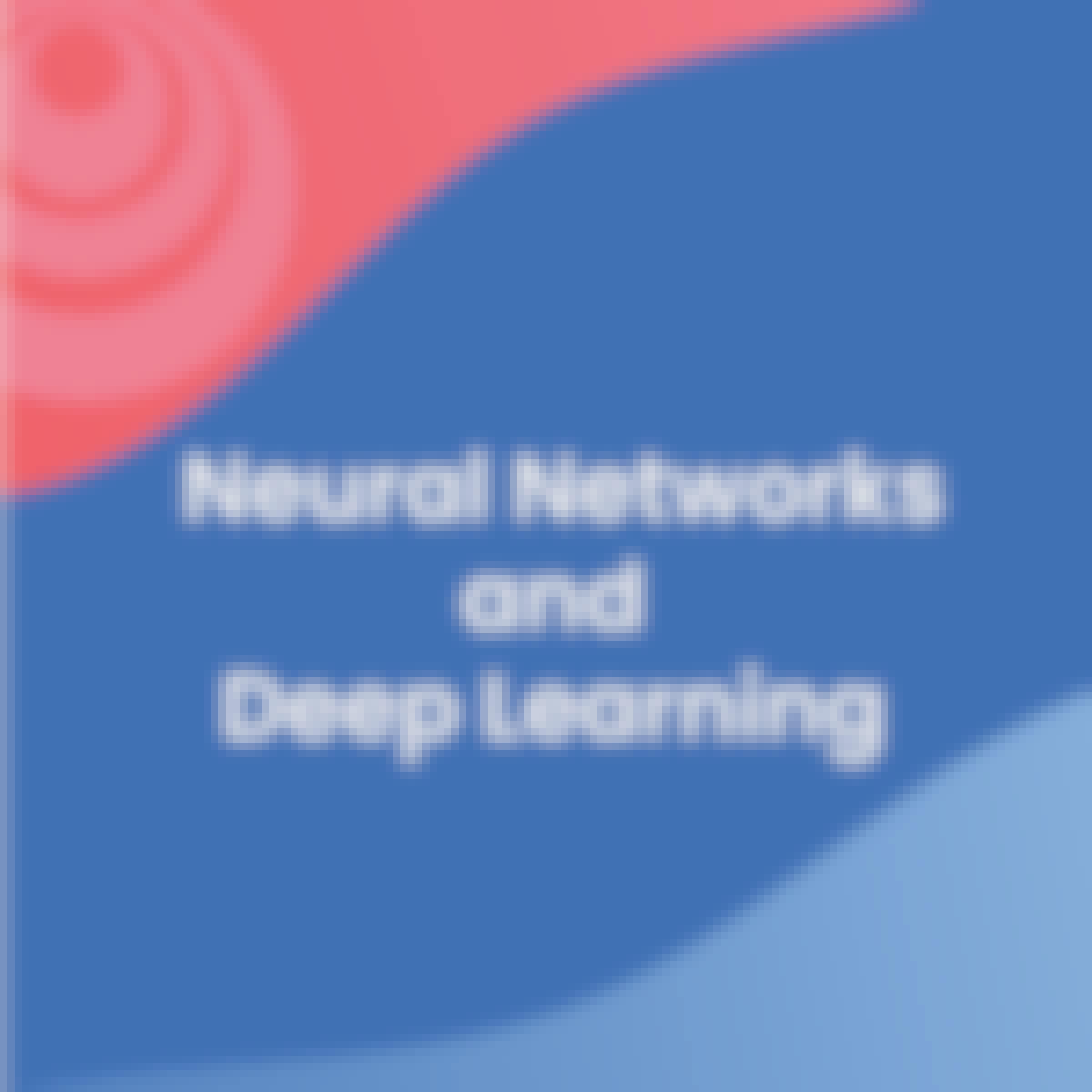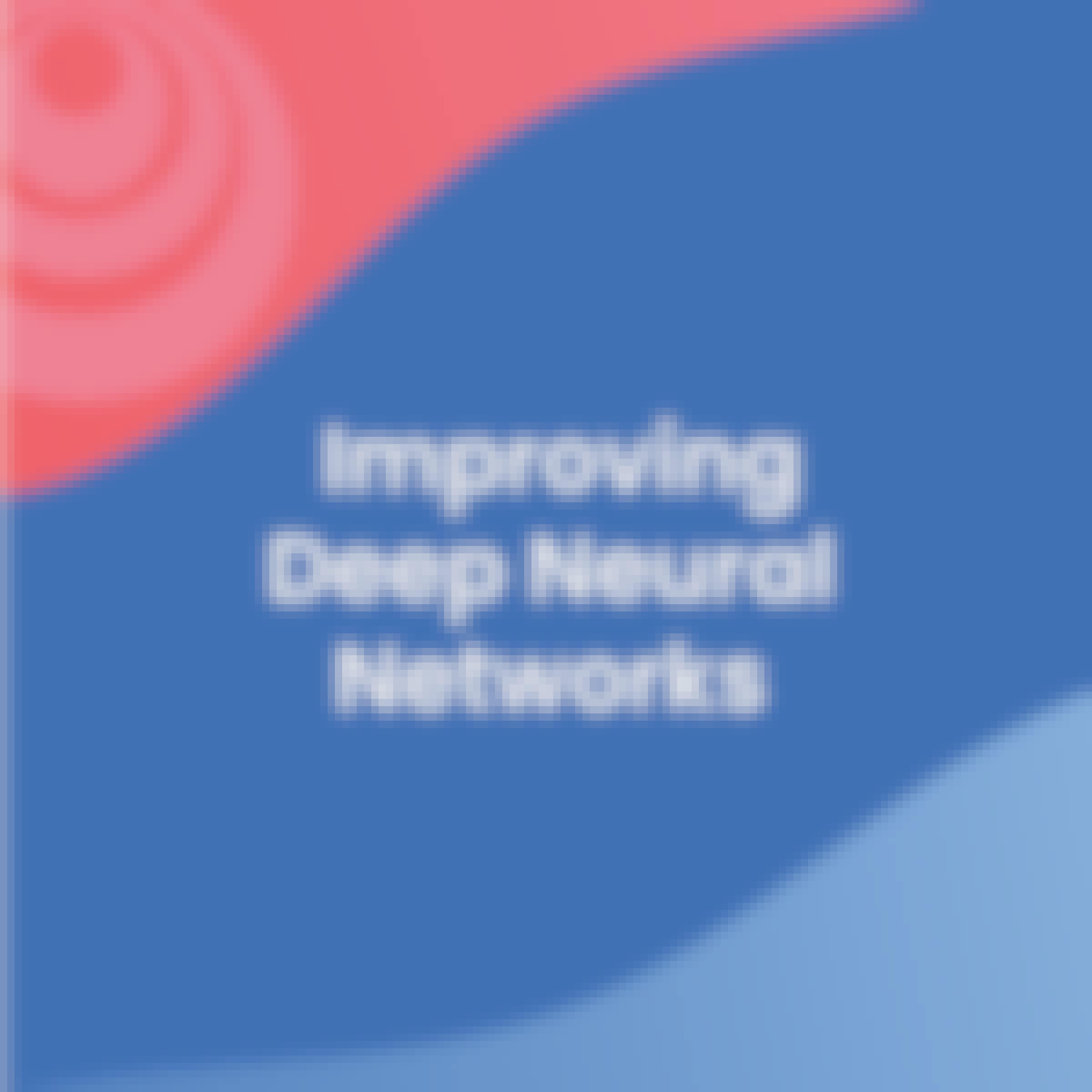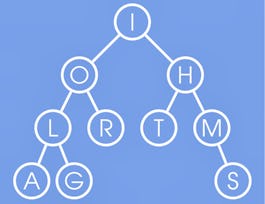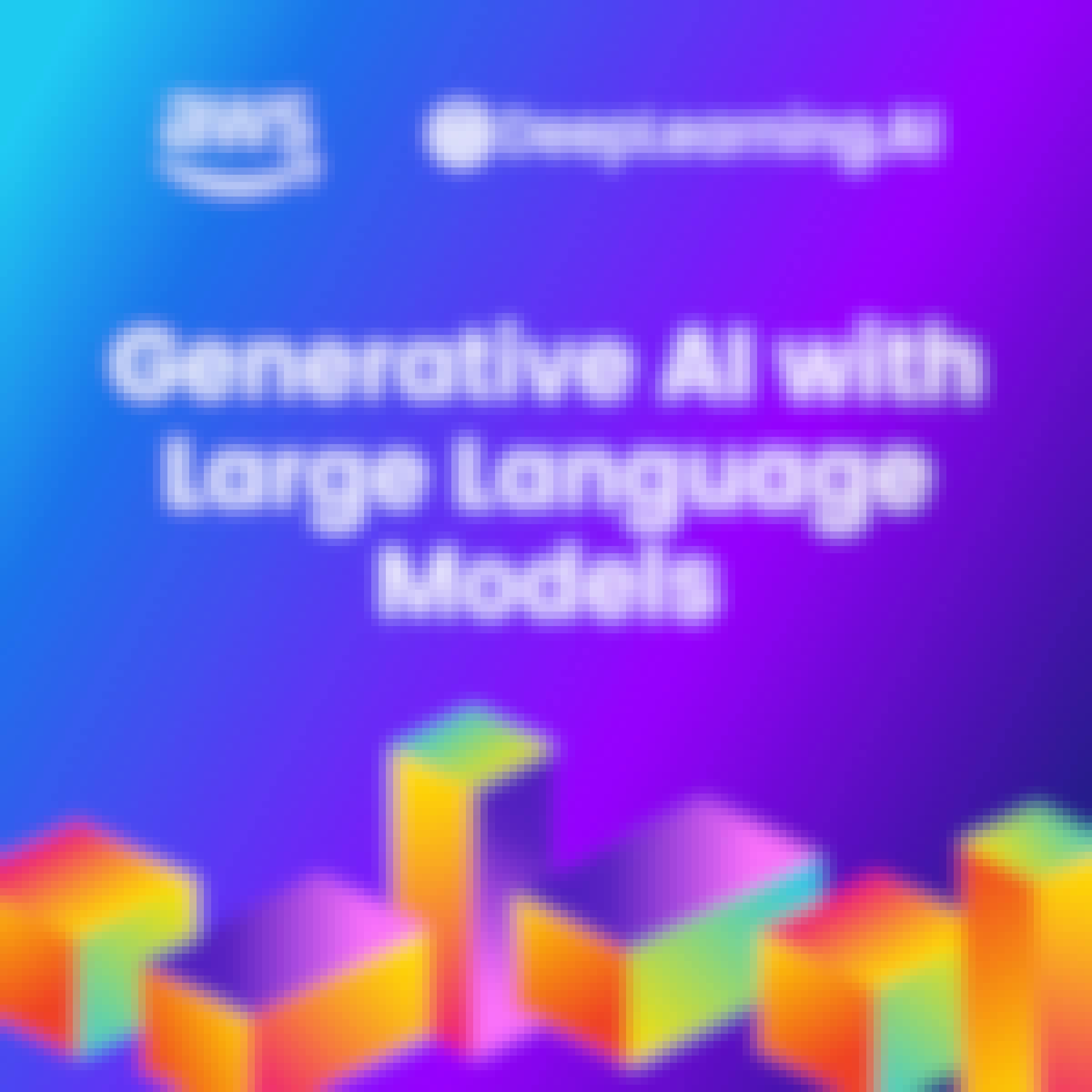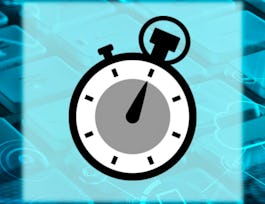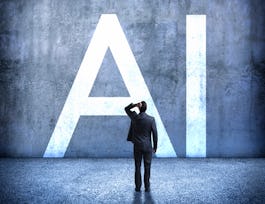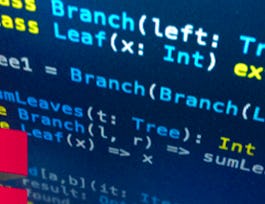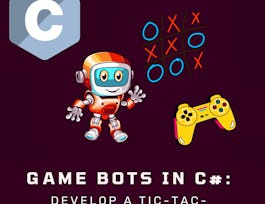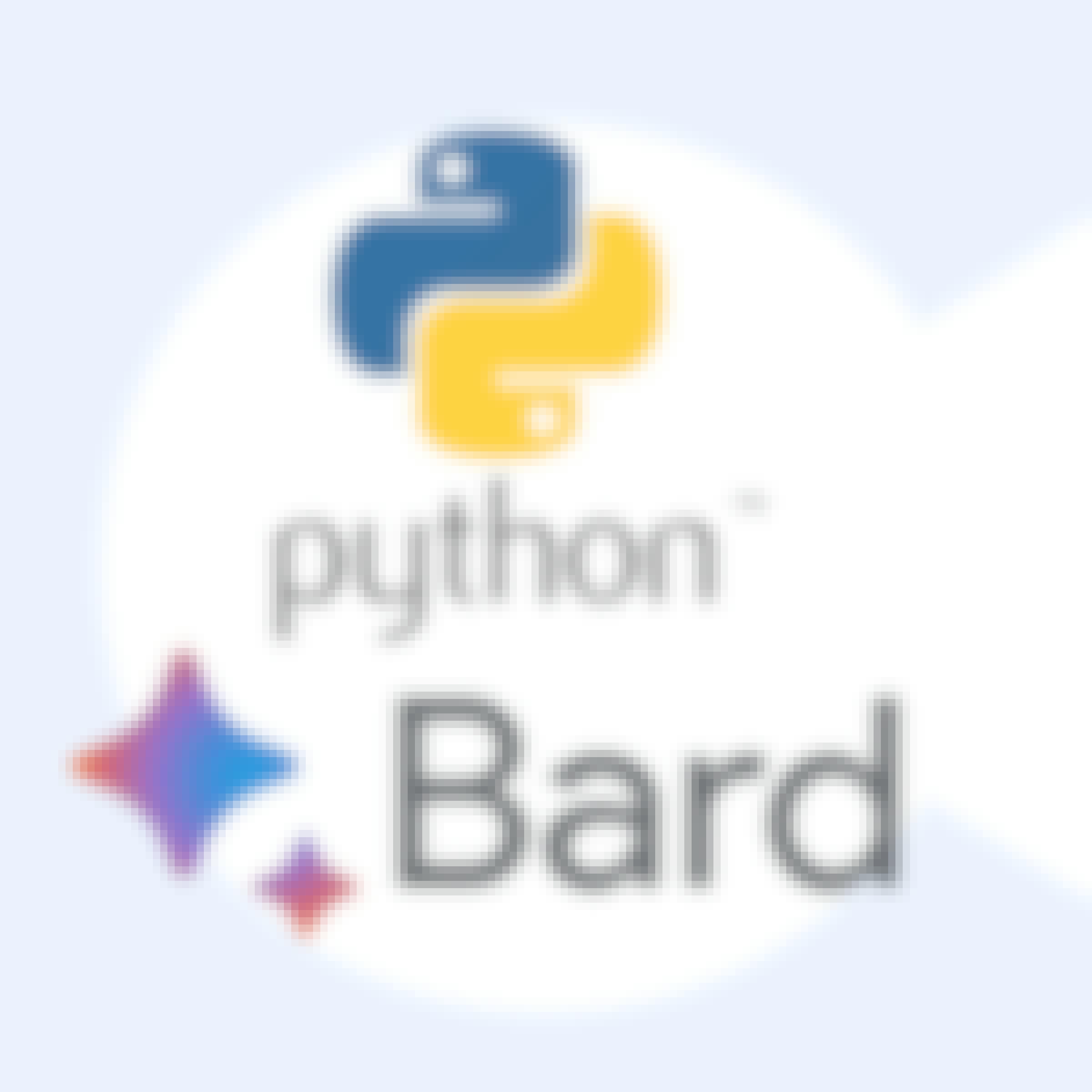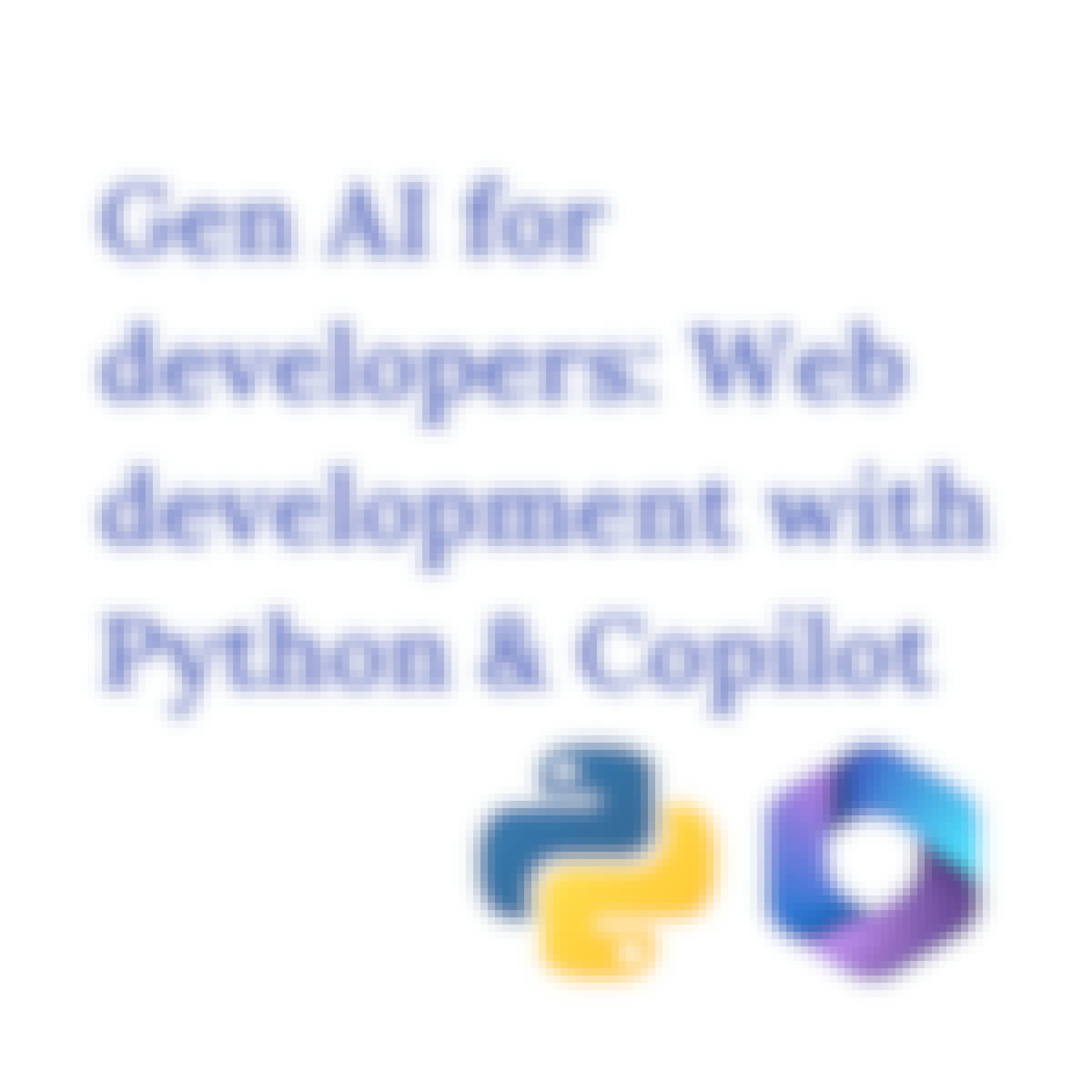- Explore
- Computer Science
- Algorithms
Algorithms
Earn Your Degree
Most Popular Courses
Top Rated Courses
Launch Your Career
Most Popular Certificates
More Algorithms Courses
Recently Launched Guided Projects
Get a Head Start on Your Degree Today
Frequently Asked Questions about Algorithms
An algorithm is a step-by-step process used to solve a problem or reach a desired goal. It's a simple concept; you use your own algorithms for everyday tasks like deciding whether to drive or take the subway to work, or determining what you need from the grocery store. Software programs are an example of much more powerful algorithms, with computing resources used to execute multiple complex algorithms in parallel to solve much higher-level problems.
As computers become more and more powerful, algorithms are helping them take on a life of their own - literally! Machine learning techniques rely on algorithms that learn and improve over time without need for a programmer's guidance. These techniques can be used to train algorithms for relatively simple tasks like image recognition or the automation and optimization of business workflows. And at their most complex, these algorithms are at the core of building the deep learning and artificial intelligence capabilities that many experts expect will transform our world even more than the advent of the internet!
Learning to understand and apply algorithmic techniques for problem solving is an incredibly important skill for solving complex computing problems, and studying this field requires more specialized prerequisites than some programming-focused computer science courses.
Students should be familiar with writing code in common programming languages like C, Javascript, and Python. However, it is also essential to have good discrete mathematics skills such as logic, sets, functions, and graphs. It is also helpful to start with a foundation in data structures, which is the study of how to organize, manage, and store data to enable efficient access - a critical underpinning of any effective algorithm.
Because algorithms are central to so many types of computer programming work, professionals with skills in this area can end up working in high-paying roles in a wide range of companies. For example, experience with algorithms is important for work as a data scientist, one of the most widely in-demand jobs in tech.
Other algorithm jobs are more specialized. Tech companies working with artificial intelligence or other advanced applications may employ algorithm engineers, machine learning engineers, automation software engineers, and computer vision engineers. There are also highly specialized jobs with companies working with Internet of Things (IoT) applications, such as computer vision engineers, medical device algorithm engineers and self-driving car engineers.
It's easy to find lots of computer programming and coding courses online, but courses in algorithms are more specialized and less common than courses teaching popular programming languages like Python or Javascript.
Introductory courses on data structures and algorithms are a good place to start, often after completing prerequisites in discrete math and computer programming fundamentals. Higher-level students may want to continue into more specialized topics like machine learning and reinforcement learning, neural networks and deep learning, and AI engineering.
In addition to courses, Coursera offers short Guided Projects for you to practice and hone your skills.
Coursera's algorithms courses offer valuable skills that are foundational in computer science:
- Understanding and implementing basic and advanced algorithms
- Analyzing algorithm efficiency and complexity
- Designing data structures to optimize software applications
- Problem-solving techniques for tackling computational challenges
- Application of algorithms in real-world scenarios, like sorting, searching, and graph operations
- Hands-on programming skills to implement algorithms in various programming languages
Algorithm courses on Coursera are suitable for all experience levels:
- Beginners can start with courses that introduce basic concepts and simple algorithms.
- Those with some background might choose intermediate courses focusing on more complex algorithms and their applications.
- Advanced courses are suitable for those who have a strong foundation in computer science and want to deepen their understanding of algorithmic theory and applications.
Coursera offers several ways to validate your skills in algorithms:
- Professional certificates designed to help build and showcase your analytical skills in technical roles.
- Specialized course certificates that document your learning in particular aspects of algorithms, such as cryptographic methods or data structures.
- Credentials developed in partnership with respected computer science institutions, adding recognized value to your educational achievements.
Skills in algorithms are crucial for a variety of technical careers:
- Software Engineer, developing efficient, scalable software
- Data Analyst, using algorithms to process and analyze large data sets
- Machine Learning Engineer, applying algorithms to build and train intelligent systems
- Operations Research Analyst, optimizing and improving business processes
- Academic Researcher, contributing to the advancement of computational theories and practices
Online Algorithms courses offer a convenient and flexible way to enhance your knowledge or learn new Algorithms skills. Choose from a wide range of Algorithms courses offered by top universities and industry leaders tailored to various skill levels.
When looking to enhance your workforce's skills in Algorithms, it's crucial to select a course that aligns with their current abilities and learning objectives. Our Skills Dashboard is an invaluable tool for identifying skill gaps and choosing the most appropriate course for effective upskilling. For a comprehensive understanding of how our courses can benefit your employees, explore the enterprise solutions we offer. Discover more about our tailored programs at Coursera for Business here.




